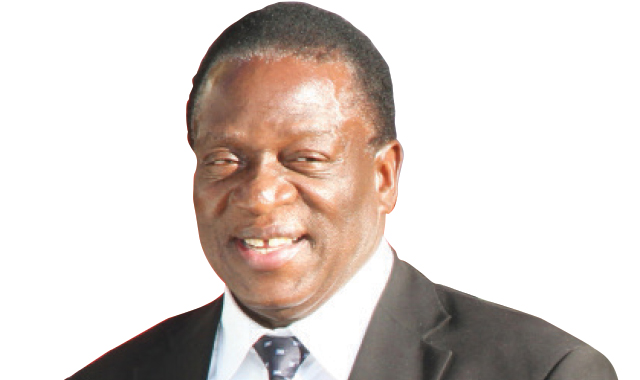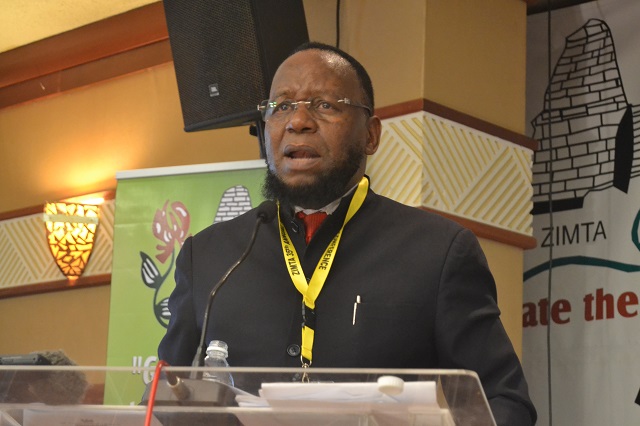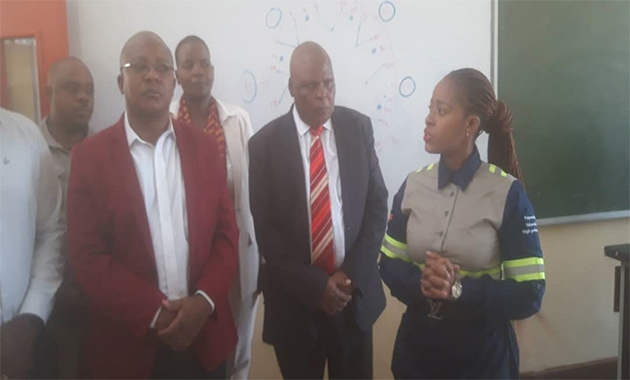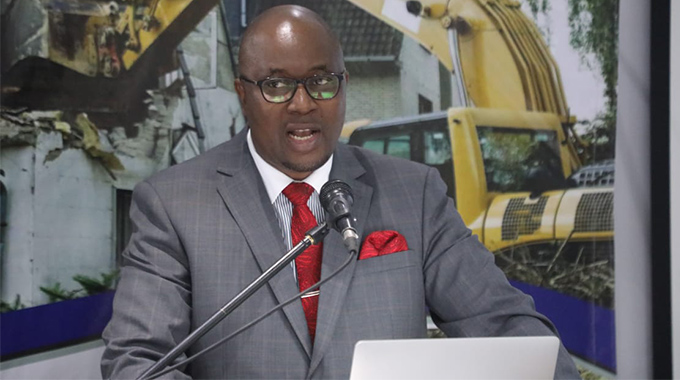VP Mnangagwa meets traditional leaders over radio licences

Felex Share, Harare Bureau
Traditional leaders from the Matabeleland region want Government to give them national IsiNdebele broadcasting licences for radio and television to advance the Ndebele language and culture.
The five chiefs, led by Chief Ndiweni and MDC legislator Priscilla Misihairabwi-Mushonga, yesterday met Vice President Emmerson Mnangagwa to air their grievances.
Speaking after the meeting, Chief Ndiweni said they wanted to benefit from the broadcasting licences coming with the digitisation programme.
Government has indicated that six of the 12 radio stations to be opened after completion of digitisation would be open to anyone.
Said Chief Ndiweni: “We came to the Vice President to ask for assistance so that we can be let into the media arena, that is television and radio.
“We need at least one licence, a national one, which will cover the whole country and will be speaking in Ndebele for that whole community to express itself.
“We have a lot of youngsters who are already in South Africa and Botswana doing music, art, drama and they are doing well and we want them to come back and assist other young people.
“We felt that the digitisation programme would assist them and give them an outlet for their views and opinions.
“We are looking for parity in every field such that our cultural identity will not hold us back.”
Chief Ndiweni said awarding the Matabeleland region a national broadcasting licence would unite the people.
“I say that strongly because history tells us that you need to allow the people to have self-expression,” Chief Ndiweni said.
“If you deny a particular group that, you will be sitting on a pressure cooker.
“That pressure cooker will continue to grow until you have a difficulty in your hand. A country can celebrate itself in its diversity, a country will gain strength in its diversity.
“We felt it was very important for us to say that because as traditional leaders we are mindful that we are representing many people. When we make the efforts to come out to these high offices we are not coming on our own, but after having been sent.”
Asked why they did not air their grievances during stakeholders’ meetings held by the Ministry of Information, Media and Broadcasting Services, Chief Ndiweni claimed the consultations “were not inclusive enough.”
“Some took part, but I don’t think the process was inclusive enough,” he said.
“Media is broad and the canvassing should also have included traditional leaders like us so that at least we could have an input into the processes.”
Asked whether or not they had approached the relevant ministry, Chief Ndiweni said time was not on their side.
“We haven’t because time was imperative,” Chief Ndiweni said.
“We just said lets go to the top since time is becoming imperative, we can’t be going to the relevant ministry and climbing the ladder. It is, however, not a disrespect to the particular ministry.”
Chief Ndiweni said VP Mnangagwa promised to assist them.
“He was most encouraging, he wholeheartedly supported our view that indeed there was a need for such a facility,” he said.
“We got a strong guarantee that he will put his best foot forward in this regard.”












Comments